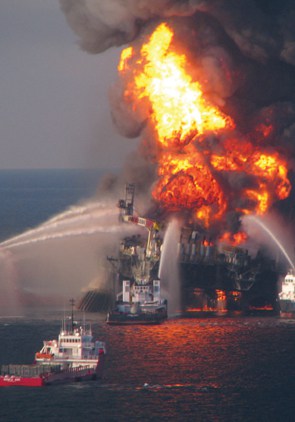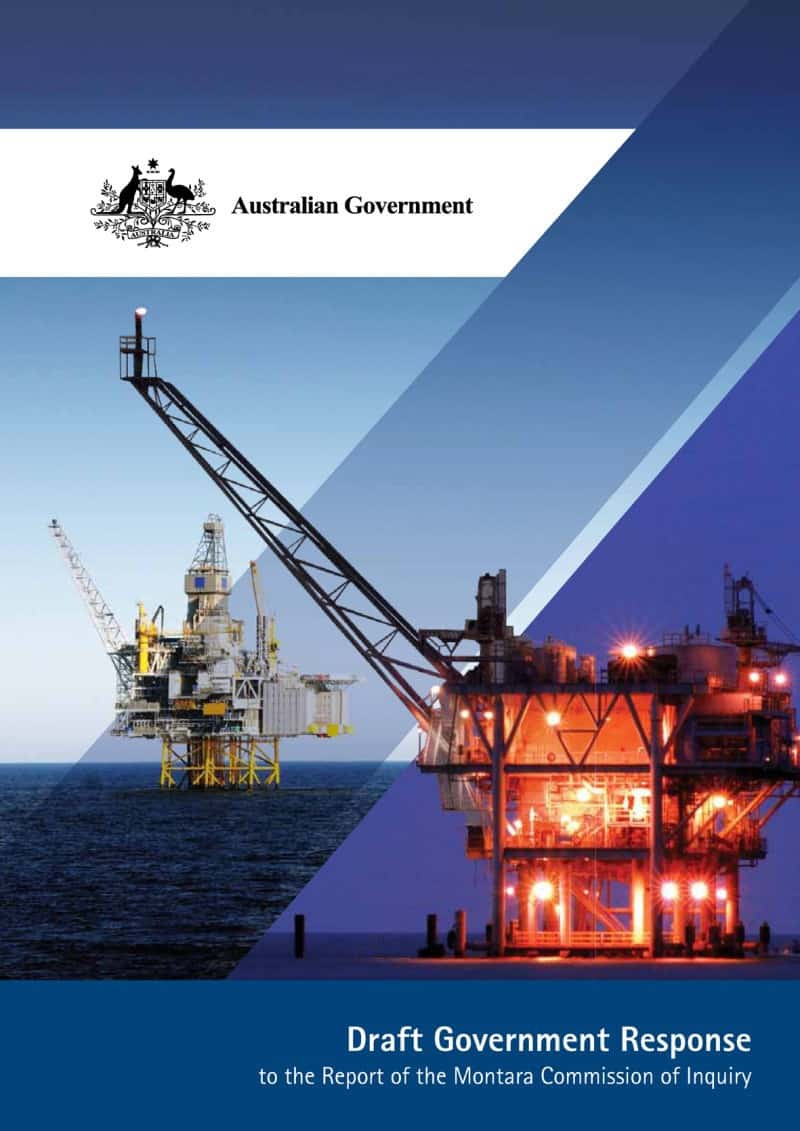Many areas of Australia are flooded, sodden or just very wet in the middle of this Southern Hemisphere Summer. Many workplaces had been expecting to be wetting down worksites and roadways to suppress the dust. Instead the water carts are garaged due to mud. But the environmental and occupational hazard of dust remains a hazard.
 On 13 January 2010, it was announced that the Australian Coal Association Research Program will provide almost a quarter of a million dollars over two years to research the suppression of dust by synthetic means. This is a good initiative and one that could benefit many mining and non-mining workplaces but the issue of dust suppression with material other than water has raised environmental and health issues in the past.
On 13 January 2010, it was announced that the Australian Coal Association Research Program will provide almost a quarter of a million dollars over two years to research the suppression of dust by synthetic means. This is a good initiative and one that could benefit many mining and non-mining workplaces but the issue of dust suppression with material other than water has raised environmental and health issues in the past.
Some background to the research report mentioned by Dr Nikki Williams of the NSW Minerals Council in her media release is available from this link to the NSW Department of Environment, Climate Change and Water (DECCW). Continue reading “Dust suppression innovation research”


